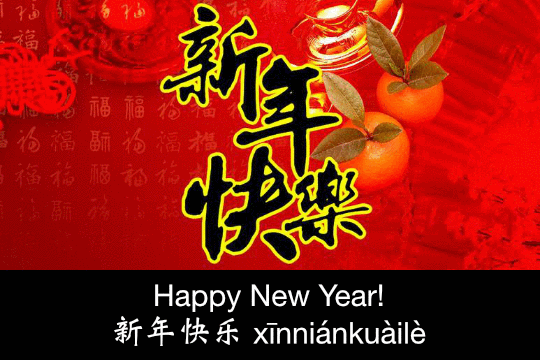Toutiao in trouble
Is danger ahead for one of China’s most popular apps? Beijing's Internet Information Office, the city’s branch of the Cyberspace Administration of China (CAC), ordered Toutiao and Phoenix News, to suspend updates for 24 and 12 hours, respectively.


Dear reader,
This has been an exciting year for The China Project, and we hope we’ve informed and entertained you. Our mission is to engage you on all topics Chinese, document and analyze a changing China, and help you sort out the hype from the reality.
Let us know how we’re doing. Just reply to this email to reach me, or write to our whole editorial team at editors@thechinaproject.com.
All the best for a very happy and prosperous 2018!
— JG
Toutiao in trouble for pornography and misleading public opinion
Beijing’s Internet Information Office, the city’s branch of the Cyberspace Administration of China (CAC), ordered (in Chinese) two popular news apps, Toutiao and Phoenix News, to suspend updates to their mobile services for 24 and 12 hours, respectively, this weekend. This is punishment for “circulating pornographic and vulgar information,” and causing a “negative impact on public opinion.”
Phoenix News is a subsidiary of Phoenix New Media, an affiliate of Phoenix TV, a satellite news channel based in Hong Kong that was launched with private money and Beijing government backing. It later launched magazines and websites in the mainland, and its TV channel is available in high-end residences and hotels in China.
- The lesser punishment went to Phoenix.
- Phoenix has a two-decade track record of producing engaging news content that people actually want to watch, while staying on the right line of what is politically acceptable to the Communist Party of China.
- The news app is just one of many services the company offers across the range of traditional and new media. Phoenix can take a rap on the knuckles.
The stakes are much higher for Toutiao, and not just because it received the stiffer punishment. Toutiao’s mother company, Bytedance, has become a darling of the venture capital set, and in August was raising funds based on a valuation of $20 billion.
- Toutiao is a news aggregator that uses artificial intelligence to learn its users’ preferences, and then feeds them a customized stream. It also serves advertising based on what it knows about its users. The company says it has more than 700 million users.
- Why is it so popular? My theory is that while most Chinese news sites and apps are full of boring content because of state control, censorship, and propaganda, Toutiao makes it possible to see a feed of only the stuff that interests an individual reader, and ignore everything else. If this is true…
- …Censorship could destroy Toutiao’s business. If its app is no longer more interesting than any other news service because all the “vulgar” content disappears, its user engagement will disappear, too.
Bytedance does have other possibilities outside of news in China. The company’s AI resources are highly thought of. It has acquired other services, such as Musical.ly, the only Chinese social media service with a real following in the U.S., and acquired Flipagram, a Los Angeles–based app and website that allows users to edit videos and display them online.
But if Toutiao’s ambition was to change news in China, the company may find that like so many that have come before it, you can only kick against the pricks for so long.
For more on the app suspensions, see the South China Morning Post and Reuters.
Stuff to read this New Year’s weekend
On the last The China Project newsletter of the year, I present a gallimaufry of things to read and consider this weekend:
Unease in Australia about Chinese government influence on media and politics has been a frequent theme of our newsletters this year. In an essay for The Monthly, novelist, resister of influence since the 1970s, and translator Linda Jaivin considers what to do about China Down Under and argues that “China literacy” has become an essential skill that is still sadly lacking in Australia.
Are you seeking interesting Chinese nonfiction? The latest issue of Tabitha Speelman’s newsletter of links and notes about Chinese long-form writing is out.
Can China contain bitcoin? Emily Parker tried to answer this question while profiling Chinese bitcoin entrepreneurs in MIT Technology Review.
Will high-speed railways in Hong Kong follow mainland law? Reuters reports that the National People’s Congress (NPC) voted to allow “Chinese immigration checks and the enforcement of mainland Chinese laws” within part of a high-speed railway being built in Hong Kong.
The vicious cycle of repression and revolt in Xinjiang looks set to continue. For a depressing picture of life in the far western region, and of disaffected Uyghurs who have fled Xinjiang, read this quartet of stories by the Associated Press’s Gerry Shih:
- Uyghurs fighting in Syria take aim at China
- China’s Uyghurs work to fend off pull of jihad
- In western China, thought police instill fear
- China’s crackdown on Uyghurs spreads to even mild critics
The view from the People’s Liberation Army (PLA): A researcher from the PLA Academy of Military Science reviews 2017 in China-U.S. military relations. Her conclusion: Military relations have maintained continuity and stability, but pretty much everything the U.S. does is considered a source of friction.






